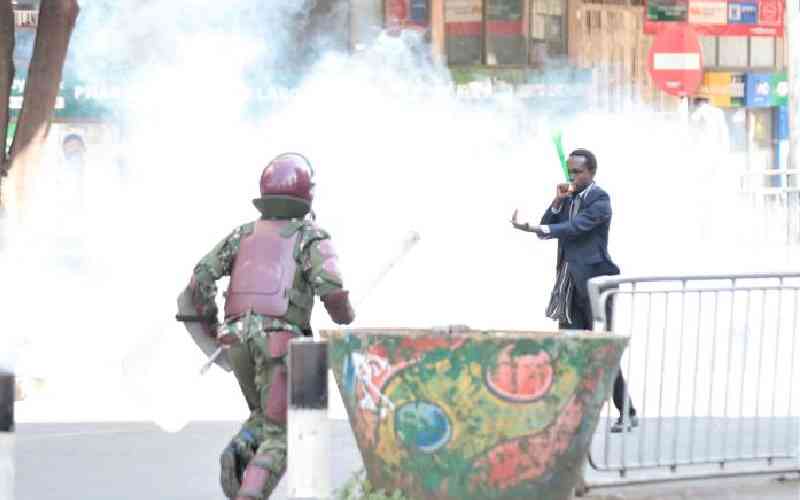Why tougher capital rules are reshaping Kenya's insurance industry
Insurance sector is entering a stricter regulatory phase as the Insurance Regulatory Authority tightens risk-based capital requirements, forcing insurers to prove they can withstand financial shocks.
Business








